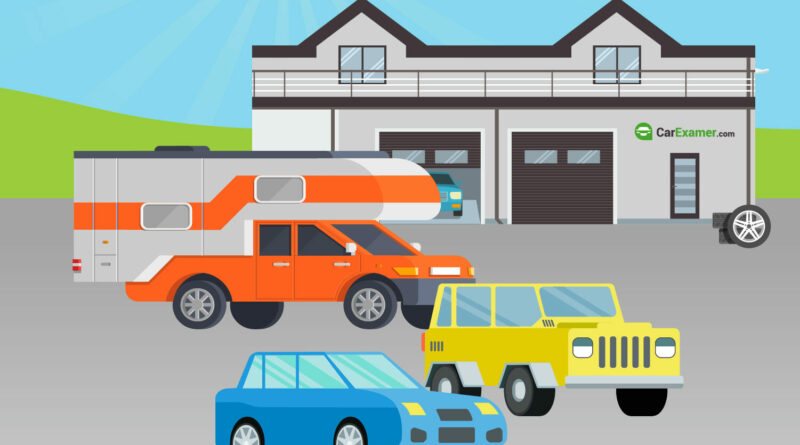New Car Sales Slump as Consumers Opt for Affordability Amid Rising Costs
The new car sales has experienced a significant downturn, with sales plummeting to all-time lows as consumers turn to more affordable second-hand options. According to figures from the Society of Motor Manufacturers and Traders (SMMT), demand from families and individuals dropped by over 15% in June. Private buyer sales fell to 67,625 last month, a notable decrease from 79,798 in the same period last year.
Surge in Used Car Market
In contrast, the used car market has shown robust growth. Demand rose by 6.5%, reaching a five-year high in the first quarter of 2024. Industry experts attribute this trend to the steep cost of new vehicles. The average new car price has surged to over £40,000, compared to approximately £16,500 for a used car, as reported by Auto Trader.
Rising Costs and Market Shifts
The cost of new cars has increased by 40% over the past five years, with the availability of models priced under £20,000 plummeting from 17% to just 4%. Market has been on a decline since peaking in 2015, affecting all types of vehicles, including petrol, diesel, hybrid, and electric.
Impact of Vehicle Size and Finance
Umesh Samani, chairman of the Independent Motor Dealers Association, pointed out that manufacturers’ focus on producing larger vehicles has also hurt sales. New cars are growing wider, making smaller models increasingly scarce, driving consumers towards nearly new, smaller used cars instead.
The preference for hatchbacks over SUVs is evident, with the Ford Fiesta, discontinued last year, being the top-selling second-hand car in early 2024, with 81,000 units sold. Additionally, high interest rates have deterred consumers from financing new cars, a common purchasing method, as noted by the motoring website Parkers.
Decrease in New Car Financing
Car finance payments have risen, prompting longer contract terms. Masson highlighted that average finance terms have extended from three to four years, leading to consumers holding onto their cars longer and delaying new purchases.
Manufacturer and Market Reactions
The Kia Sportage was the best-selling new car in June, with 4,113 units sold. Despite previous supply chain disruptions due to the Covid pandemic, the demand for new cars has significantly declined. Lisa Watson from Close Brothers highlighted a stall in consumer confidence, predicting potential future dips in demand.
Working from Home and Company Car Trends
Samani also noted that the work-from-home culture has reduced the need for new cars. Many companies are offering vehicles as part of salary sacrifice schemes, further diminishing the market for private new car purchases. SMMT figures reveal that fleet and business sales now account for 62% of all new car purchases.
Depreciation and Ownership Costs
Awareness of rapid depreciation is another deterrent for new car buyers. The AA reports that new cars lose about 40% of their value in the first year and 60% by the third year. Watson pointed out that new car buyers also lose 20% in VAT upon purchase, which has made consumers cautious.
Running costs are another factor. Research by Nimblefins indicates that the annual cost of car ownership, including repairs, insurance, fuel, and other expenses, has risen to £3,834, a 19% increase since 2020. Petrol prices and insurance premiums have also surged, adding to the financial burden.
Future of Electric Vehicles and Market Uncertainty
The focus on electric vehicles (EVs) is expected to increase, yet upcoming tax changes could hinder their adoption. From April 2025, EV owners will no longer be exempt from vehicle excise duty (VED), adding an additional financial burden.
Political uncertainties, especially regarding environmental policies, have further affected consumer decisions. Labour’s proposal to advance the ban on new petrol and diesel cars to 2030 and increase low-emission zones could significantly impact the market. Industry leaders warn that the demand for EVs remains low, with private buyers accounting for less than 20% of new electric car sales in June.
Conclusion
As the new car market continues to struggle, the shift towards second-hand vehicles is becoming more pronounced. With rising costs, economic uncertainties, and changing consumer preferences, the automotive industry faces significant challenges ahead.
Buying a used VW. Buying used vauxhall, BMW, Jaguar, Ford, Volvo, Range rover, Bentley, Aston Martin, Porsche, Ferrari, Lamborghini, Maserati, Hyundai, Tesla, Honda, Pagani

